Anyone use homeopathic garden spray
ebryan
17 years ago
Related Stories

LAUNDRY ROOMSThe Cure for Houzz Envy: Laundry Room Touches Anyone Can Do
Make fluffing and folding more enjoyable by borrowing these ideas from beautifully designed laundry rooms
Full Story
BATHROOM DESIGNThe Cure for Houzz Envy: Bathroom Touches Anyone Can Do
Take your bath from blah to ‘ahhhh’ with just a few easy and inexpensive moves
Full Story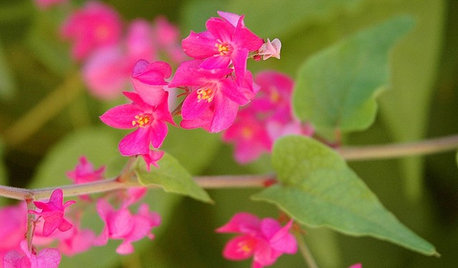
GARDENING GUIDESGreat Design Plant: Antigonon Leptopus in California and Desert Gardens
Dry climates can enjoy sprays of delicate pink flowers and heart-shaped leaves on this drought-tolerant, summer-flowering vine
Full Story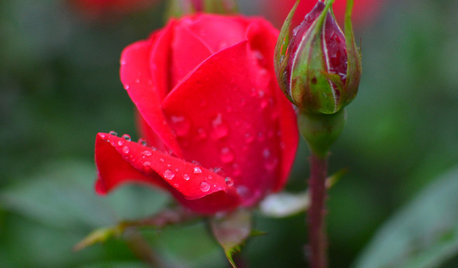
GARDENING GUIDESGreat Design Plant: Knock Out Roses
As glorious as their high-maintenance kin for a fraction of the work, Knock Out roses make even beginners look like garden stars
Full Story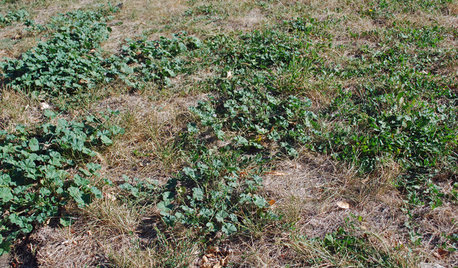
GARDENING GUIDESWeed War: When and How to Use Chemical Herbicides
Before you spray, arm yourself with knowledge about which weed killers — natural or synthetic — are right for your yard
Full Story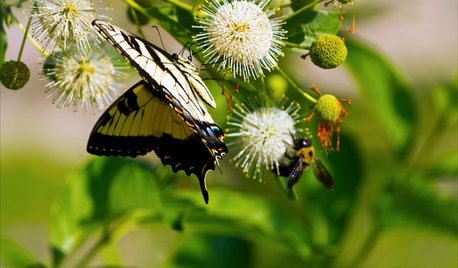
GARDENING GUIDESGreat Design Plant: Cephalanthus Occidentalis
Buttonbush is an adaptable woody shrub with delightful pincushion flowers
Full Story
LANDSCAPE DESIGNCelebrate a Sunny Climate With the Right Leafy Palm for Your Site
So you get freezes or floods. So your garden is small. These palms send excuses riding off into the tropical sunset
Full Story
LANDSCAPE DESIGNGreat Design Plant: Sun-Loving Bougainvillea Showers Yards With Color
Bring unbeatable vibrancy to a garden or wall with this unfussy and trainable shrub packed with colorful bracts
Full Story
GARDENING GUIDESGreat Design Plant: Grow Blueberries for Their Fruit and More
Eastern gardeners should consider growing blueberry plants for their delicious fruits, bee-friendly spring blooms and brilliant fall foliage
Full Story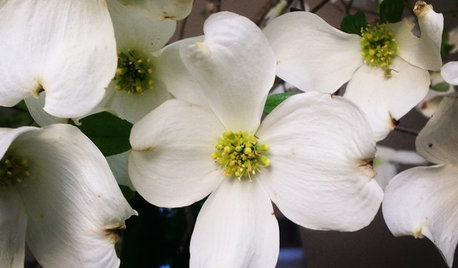
GARDENING GUIDESGreat Design Plant: Cornus Florida Benefits Wildlife
Flowering dogwood provides fiery red foliage in fall and beautiful springtime blooms
Full Story



JAYK
sylviatexas1
Related Professionals
Buford Landscape Contractors · East Haven Landscape Contractors · Fishers Landscape Contractors · Fort Mill Landscape Contractors · Lynwood Landscape Contractors · Middleton Landscape Contractors · Norristown Landscape Contractors · Plainview Landscape Contractors · Fort Lee Decks, Patios & Outdoor Enclosures · Monroe Decks, Patios & Outdoor Enclosures · Riverside Decks, Patios & Outdoor Enclosures · Glendale Decks, Patios & Outdoor Enclosures · Cedar Rapids Roofing & Gutters · Greenwich Roofing & Gutters · Hillcrest Heights Roofing & Gutterssylviatexas1
eldo1960
mikofarmer
brooks43
mikofarmer
sandy0225
kaviraj
petzold6596
gatormomx2
brendan_of_bonsai
Donna Gegger